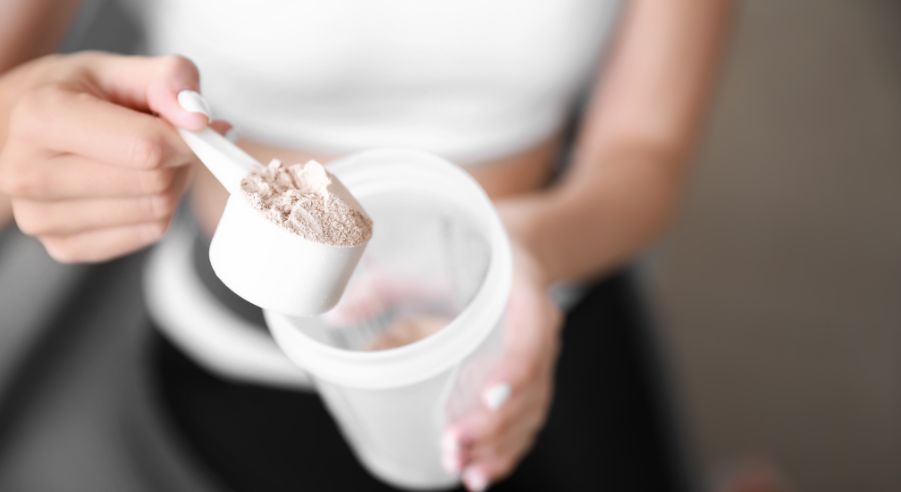Good Tea vs Bad Tea
When you’re looking for a healthy alternative to drink, tea could offer more than just a new flavour to enjoy. Modern science is discovering more about the health benefits of the ancient tradition of tea drinking. But how can you discern which tea is best for your health, with so many choices to buy or brew?
What is Tea?
What we first think of when we hear ‘tea’ is a little bag with a string attached, but it’s actually much more expansive than that.
Tea has been a part of humanity for centuries, with ancient cultures from around the world developing their own unique blends, which even today is the second most popular drink after water.
The true definition is brewing leaves and buds from the tea plant, black, green, white, or oolong, in water.
Today, we have access to the best of all those cultures and ingredients which widens our choices to include herbal teas, which are technically defined as ‘tisanes’, a blend or infusion of dried fruits, flowers, spices, or herbs.
Bad Tea
There are a few tell-tale signs of a ‘bad tea’, and here are some of those main indicators:
- Hidden sugar: Traditional tea is sugar-free, but some popular pre-prepared teas, even the chai latte you might order at a café, could have hidden sugars and sweeteners.
- Detox teas: These could have ingredients that create a laxative effect and irritate your bowels.
- Caffeine: Traditional teas like black, green, white, and oolong do contain caffeine, which may be a concern for those with certain health conditions, it can also impact your sleep, appetite, hydration, and other body and brain functions.
- Triggering ingredients: For those with certain health conditions, some ingredients may be best to avoid. Check with your GP or do your research to find out which ingredients you may need to avoid.
Like most things in life, the key is moderation. So, when you’ve found some teas that suit you, mix it up and avoid overdosing on one type.
Good Tea
Much research has shown tea can have a beneficial effect on our health with immune boosting properties, the ability to fight inflammation and promote cardiovascular health, and even having cancer-fighting potential, thanks to the high concentration of antioxidants. For this reason, green tea is often seen as the healthiest of them all and the least processed. Black and oolong are also celebrated for their health properties.
Chamomile tea can help prepare your body for sleep and boost immunity, ginger varieties help to ease nausea and digestive upset, as does peppermint, known for its soothing effect on the digestive system. Hibiscus may help lower blood pressure, while fennel can assist with menopause symptoms. The list seems endless, and more discoveries are being made all the time.
In short, tea you brew from raw ingredients, including those blends already prepared with pure botanicals, and no added sugars, flavours, or sweeteners, are healthy choices.
And the best part, there are so many combinations and ways to prepare and drink teas, warm, or chilled, they’re perfect for any time of year.
So, let’s get experimenting!
Perth Weight Loss and Surgery
Our team of holistic experts are there to help you every step of the way, including nutrition and diet advice, exercise and mental health specialists as well as highly qualified and experienced surgeons.
If you would like help with your healthy weight loss goals, talk to the experts. Get in touch with Perth Weight Loss and Surgery to book a consultation with Dr. Siva Gounder today. (08) 6155 8822





